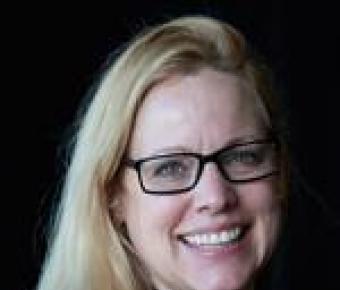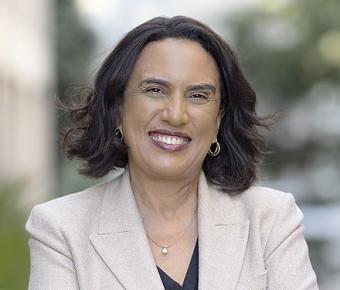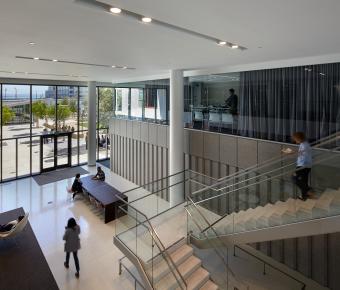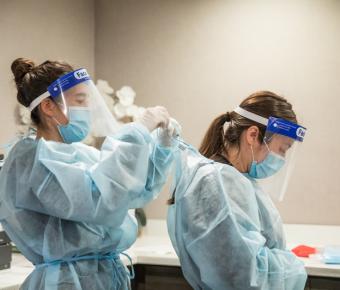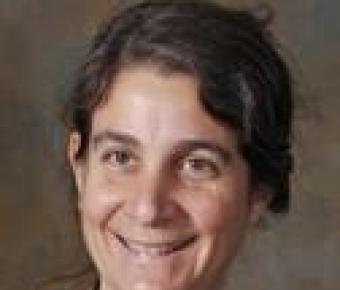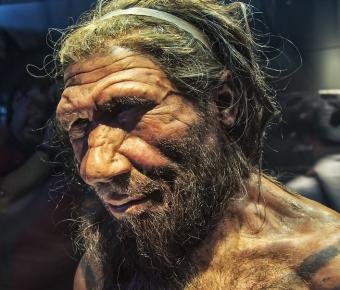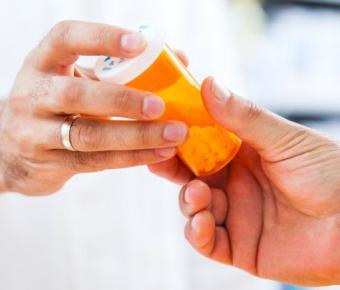Devastating impact of COVID on pregnancy highlighted by large UCSF study
By Aidin Viziri, SF Chronicle on August 11, 2021
Pregnant women infected with the coronavirus are at significantly higher risk for adverse complications, including preterm birth, according to a University of California San Francisco analysis of all documented births in the state between July 2020 and January 2021. No shots, no service
By Soumya Karlamangla, New York Times on August 10, 2021
The large chalkboard sign in the doorway warned: “Masks and vaccination required!”
But as I entered a bar in the Richmond District this weekend, no one stopped me to ask whether I had been vaccinated. At the bar counter, I offered to show my immunization card, but the bartender shook his head. Hiring associate or full professor, ladder rank
August 04, 2021
The Department of Epidemiology and Biostatistics in partnership with the Institute for Global Health Sciences, University of California, San Francisco (UCSF) invites applications for a full-time ladder rank faculty position at the Associate or Full Professor rank. The successful candidate will... Why Covid took off in California, again
By Soumya Karlamangla, New York Times on August 04, 2021
Between reinstated mask mandates and spiking coronavirus case numbers, this summer is starting to feel a little too much like 2020. No sign of COVID-19 vaccine in breast milk
July 27, 2021
Messenger RNA vaccines against COVID-19 were not detected in human milk, according to a small study by UC San Francisco, providing early evidence that the vaccine mRNA is not transferred to the infant.
Coffee doesn't raise your risk for heart rhythm problems
By Elizabeth Fernandez on July 27, 2021
In the largest study of its kind, an investigation by UC San Francisco has found no evidence that moderate coffee consumption can cause cardiac arrhythmia. UCSF welcomes Cohort 9 RISE fellows for Summer Institute
July 16, 2021
The Department of Epidemiology and Biostatistics, in partnership with the Center for Vulnerable Populations, is hosting 10 early-career faculty for two weeks beginning July 20 as part of the Research in Implementation Science for Equity (RISE) program. Common COVID-19 antibiotic no more effective than placebo
By Elizabeth Fernandez on July 16, 2021
A UCSF outpatient study found limited effect of Azithromycin on progression of the disease Uniting the Black community to defeat COVID
By Ann Brody Guy on July 12, 2021
Health-services researcher Kim Rhoads, MD, MPH, founded Umoja Health Partners to u 
